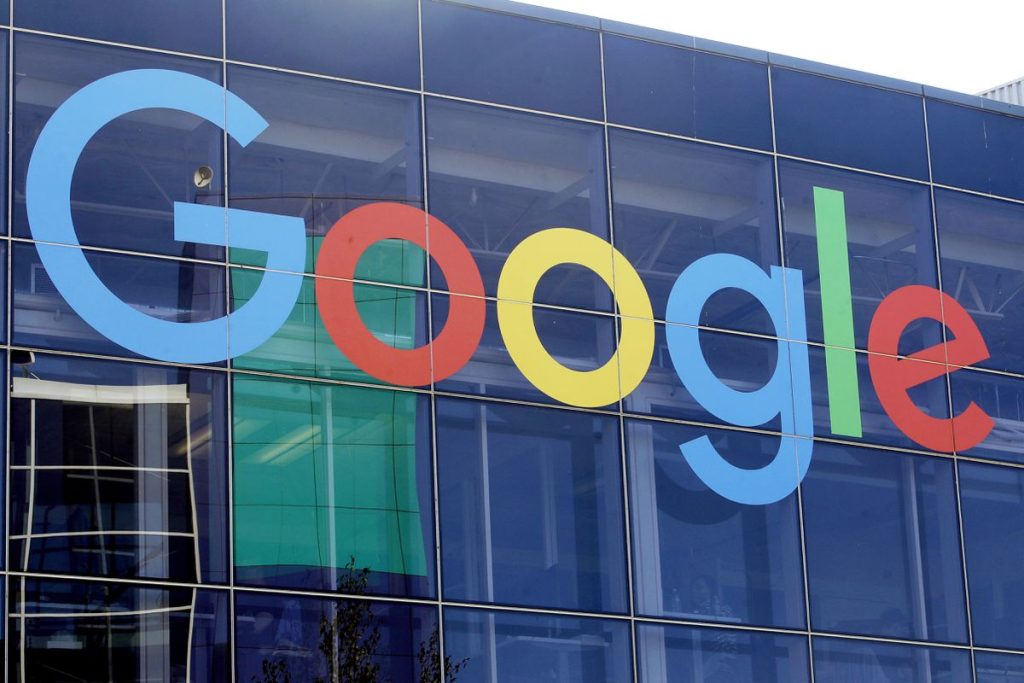The case of a Deaf African-American woman who was hired by Google on a ‘Diversity Quota’ and is now suing the tech giant for discrimination
In a recent case that has garnered national attention, a Deaf African-American woman who was hired by Google as part of their diversity initiative is now suing the tech giant for discrimination. This case raises important questions about the ways in which companies approach diversity and inclusion, and highlights the challenges that individuals from underrepresented backgrounds may face in the workplace.
A history of hiring practices at Google
Google has long been committed to diversity and inclusion in its workforce, and has made efforts to increase representation of women, people of color, and individuals with disabilities. One way in which the company has sought to improve diversity is through initiatives like the one that led to the hiring of the Deaf African-American woman at the center of this lawsuit.
However, despite these efforts, Google has faced criticism in recent years for its lack of progress in diversifying its workforce. Critics have pointed out that while the company may hire individuals from underrepresented backgrounds, they may not always provide them with the support they need to succeed in their roles.
The allegations of discrimination
In her lawsuit against Google, the Deaf African-American woman alleges that she was discriminated against because of her disability and race. She claims that despite being hired as part of a diversity initiative, she was not given the same opportunities for advancement as her non-diverse colleagues. She also alleges that she faced hostile treatment from her supervisors and colleagues, who made derogatory comments about her disability and race.
The importance of supporting diverse employees
This case highlights the importance of providing support for diverse employees in order to ensure their success in the workplace. Companies like Google must not only hire individuals from underrepresented backgrounds but also create an inclusive environment where all employees feel valued and supported.
It is not enough for companies to simply meet quotas or tick boxes when it comes to diversity; they must take active steps to promote equity and inclusion at all levels of their organization. This includes providing training on unconscious bias, creating mentorship programs for employees from underrepresented backgrounds, and ensuring that all employees have access to opportunities for growth and advancement.
The path forward
In light of this lawsuit, it is clear that there is still work to be done when it comes to promoting diversity and inclusion in tech companies like Google. The company must take this opportunity to reassess its hiring practices and workplace culture, ensuring that all employees are treated fairly and given equal opportunities for success.
Conclusion:
This case serves as a reminder that diversity is not just about numbers or quotas; it is about creating an inclusive culture where all employees can thrive. Companies like Google must do more than simply hire diverse candidates – they must actively work to support them throughout their careers. Only then can we truly achieve equality in the workplace.
